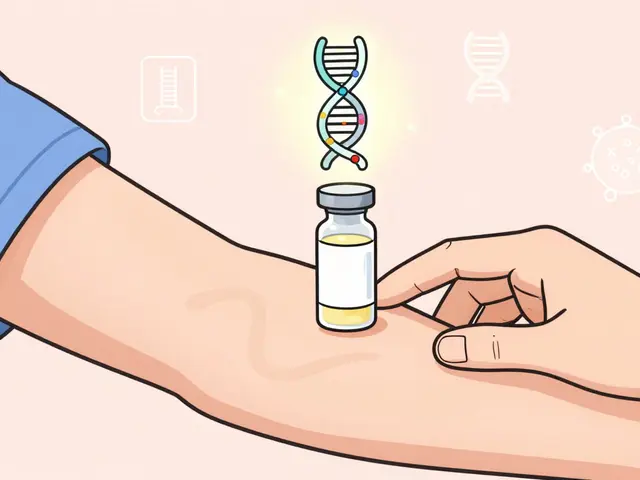Relationships and Medication: How Drugs Change the Way You Relate
Medications affect mood, energy, libido, sleep, and thinking. All these things shape how you connect with partners, family, and friends. Knowing what to expect makes it easier to stay close when a medication course starts or changes.
Start conversations
before the medication begins. Say something simple, like "My doctor changed my dose; it may make me tired or moody." That sets a calm tone, keeps partners from guessing, and reduces blame. If you feel shame, admit it briefly and move on. People usually respond with care once they know the facts.
Keep a simple log of side effects. Note time, dose, mood, sleep, and sex drive. Share the log with your partner and your prescriber. A log helps spot patterns and avoids long arguments about things that have clear causes. If intimacy drops, name it. Say "I noticed my desire is lower; can we talk about ways to feel close anyway?" Small changes like cuddling before sex or massage can help.
When medications affect thinking or mood, safety matters. If someone gets suicidal thoughts or violent impulses, seek help immediately. Have emergency numbers ready, including crisis lines and your prescriber. Discuss a safety plan with your partner so both know what to do in a crisis.
Talk with your prescriber about side effects that matter most. If a drug lowers libido but treats anxiety, alternatives or dose changes might exist. Ask about timing, switching, and nondrug supports like therapy, sleep hygiene, or exercise. Some supplements help, but check interactions first.
Be honest about medication use in dating. Mention chronic meds, mental health treatments, or substances that affect sex or mood. A clear early chat weeds out mismatched expectations and builds trust. You don't owe medical details, just clear facts that affect day to day life.
Caregivers need routines. Simple tasks like pill boxes, reminders, and pharmacy delivery reduce stress. When a family member handles meds, respect privacy and ask permission before peeking at refill histories. Doing practical chores shows care without nagging.
Small steps
Sex problems are common on many drugs. Talk about solutions: dose timing, different meds, or nonpenetrative intimacy. A sex therapist or couple counselor can offer practical tools if conversations stall.
Keep medical appointments, and bring your partner if that helps. A pharmacist can explain side effects and interactions in plain terms. Use one trusted source for info, not random forum posts. Reliable info reduces worry and helps you make decisions together.
Relationships survive medication changes when people talk, keep it practical, and seek help early. — clear words, a log, and a safety plan — make big differences. PharmaServe has guides on side effects, interactions, and alternatives if you want specific links for a drug. Start there and reach out to your prescriber with the notes you collect.
You don't have to fix everything alone. Small plans and honest chats keep connection, even when meds complicate life. Ask for help early. You're not alone. Use trusted sources always.

In my latest blog post, I explored the connection between shift-work disorder and chronic pain. I discovered that individuals who work irregular hours or night shifts often experience disrupted sleep patterns, leading to a higher prevalence of chronic pain. This is because the body's natural healing processes are disrupted, and the stress on the body accumulates over time. It's important for those suffering from this disorder to try and establish a consistent sleep schedule, and seek medical advice if chronic pain persists. By addressing these issues, we can improve the overall health and well-being of shift workers.






